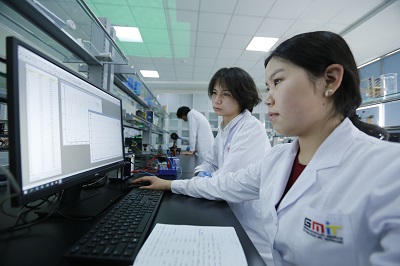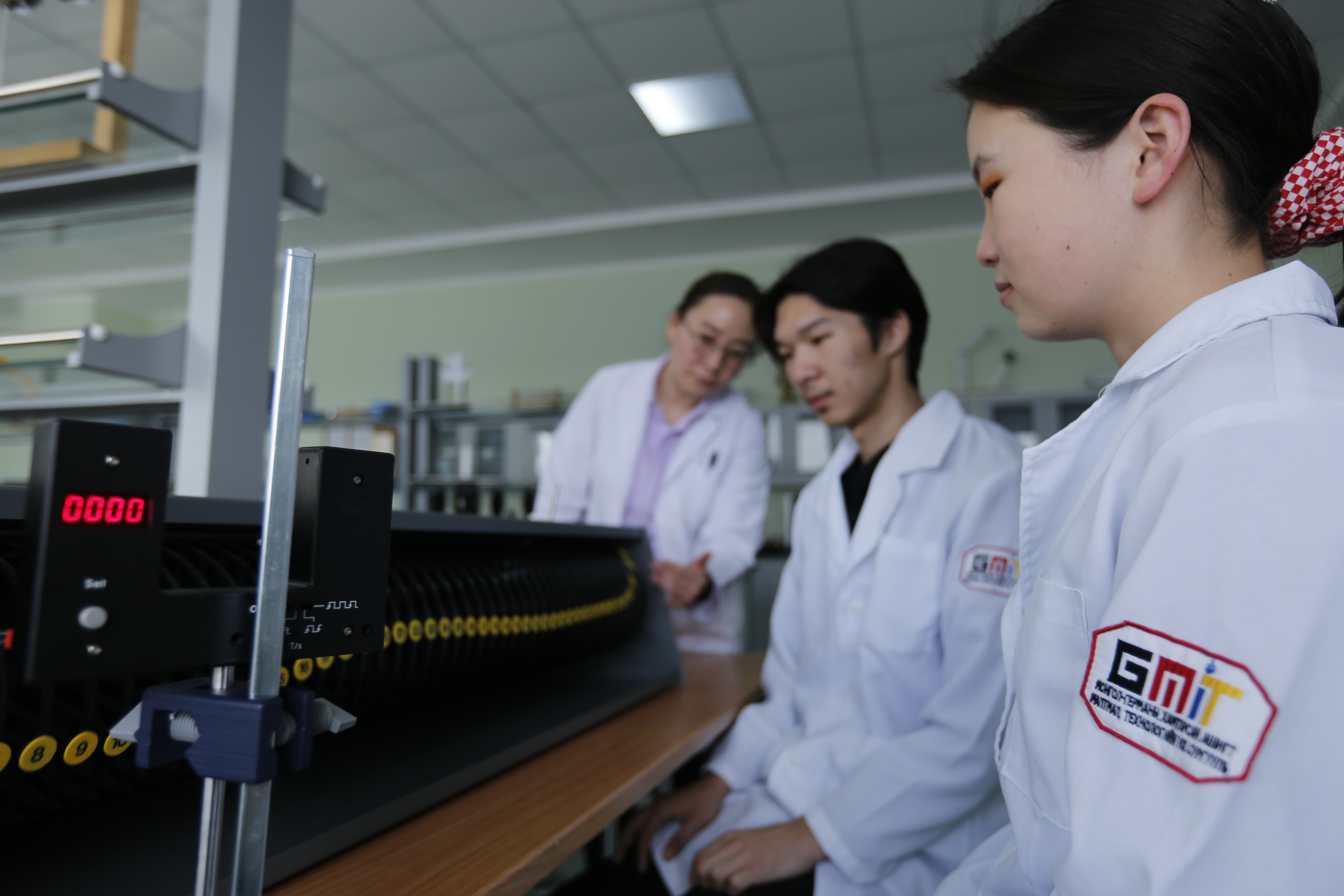Why do we offer Energy and Electrical engineering for you?
The regular study period of the Bachelor’s program in Energy and Electrical Engineering at GMIT is eight semesters, leading to a Bachelor of Science degree. The entire course encompasses 240 ECTS credits. The Energy and Electrical Engineering (EEE) Bachelor's program at GMIT offers a thorough education in electrical and energy systems. By combining theoretical knowledge with practical experience, students are prepared to address the challenges of energy generation, transmission, distribution, and industry. Graduates are ready to innovate and maintain efficient energy systems. The curriculum focuses on three main areas: 1) establishing a solid foundation in essential scientific and engineering principles like mathematics, physics, core engineering concepts, basic mechanical engineering courses, and electrical safety; 2) developing expertise in designing, analyzing, and maintaining electrical and energy systems, with a focus on renewable energy technologies, smart grids, energy storage solutions, electrical safety, industrial automation, and embedded systems; and 3) providing hands-on experience through lab work, projects, and internships to apply theoretical knowledge in real-world settings. This includes promoting sustainable practices in energy production and consumption.

Furthermore, the EEE program takes an interdisciplinary approach by integrating knowledge from fields such as economics, environmental science, and management to offer a holistic view of the energy sector. Students also enhance their professional skills in communication, teamwork, and leadership to excel in professional settings and adapt to emerging technologies. The program prepares students for international careers by providing a global perspective on energy issues and familiarizing them with international standards and practices. Through industry partnerships and faculty mentorship, graduates are equipped with the knowledge and skills needed for successful careers in energy and electrical engineering.
Upon completing the program, students will possess a comprehensive skill set that includes expertise in designing, analyzing, and maintaining energy and electrical systems with technical proficiency. Additionally, they will have a deep understanding of the interconnectedness between engineering, economics, and environmental factors within energy systems. They will exhibit strong communication skills, effective leadership qualities, and ethical practices suitable for various professional environments.
The EEE program emphasizes advanced technologies like smart grids and energy storage systems while strongly focusing on sustainable energy solutions and the environmental impacts of energy systems from a global perspective. Graduates are prepared for modern careers through exposure to global standards and practices, as well as industry partnerships for real-world experience. The program is committed to continuous improvement by updating the curriculum regularly to reflect the latest developments in energy and electrical engineering.

Employability: GMIT's EEE alumni are prepared for careers in renewable and traditional energy systems across various sectors. They can design, simulate, enhance electronically operated machinery and devices nationally or internationally in public or private sectors. Graduates can contribute to projects involving energy-efficient services, facility engineering, sustainable energy technologies, and cutting-edge technology integration.
